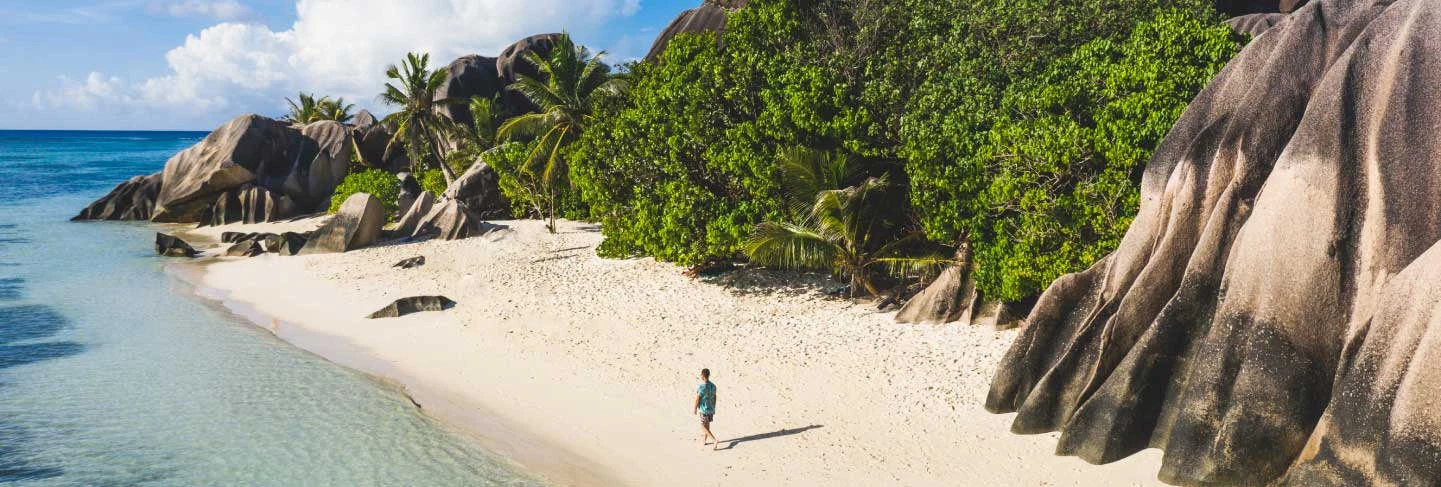Tropical Marine Biology and Conservation in Fiji
Learn to dive in the beautiful waters of the Dawasamu District while supporting community efforts towards sustainable marine resources.
Popular program.
Almost fully booked.
Durations: 2 - 12 weeks
Book with confidence
Travel flexibility, because life happens! Modify your booking, even up to 48 hours before departure. T&Cs apply.
Program information
Dive in crystal blue water and discover the rich biodiversity of the South Pacific while assisting with the sustainable management of marine resources and local marine protected areas. Contribute to national efforts to conserve Fiji’s delicate coral reefs and marine ecosystems while living on GVI’s hub in the rural village of Silana located in the Dawasamu District.
Grants available for up to USD10,000!
Get a GVI Foundation Grant of up to 80% on conservation programs. Everyone is invited to apply by 30 Apr.
Book with confidence
Travel flexibility, because life happens! Modify your booking, even up to 48 hours before departure. T&Cs apply.
Included in your program, at no extra cost.
Make the most of our unique programs with these exclusively curated local adventure and wellness experiences.
Offered once a month, expand your adventure with GVI Experiences. These are just some of the activities offered on your program!
Learn to cook iTaukei food
Make a traditional drink from kava root
Learn indigenous plant medicine
Hike to the top of Tova Peak
Fish with iTaukei women
Weave a traditional mat
Visit Vatu-i-Ra Conservation Park
Learn to perform the Meke folk dance
Connect with our alumni
Want to connect with some of our past participants about their adventures? Get in touch with hundreds of friendly ambassadors all over the world who would be more than happy to answer any questions.
Connect with us
Join our Virtual Open Day!


























